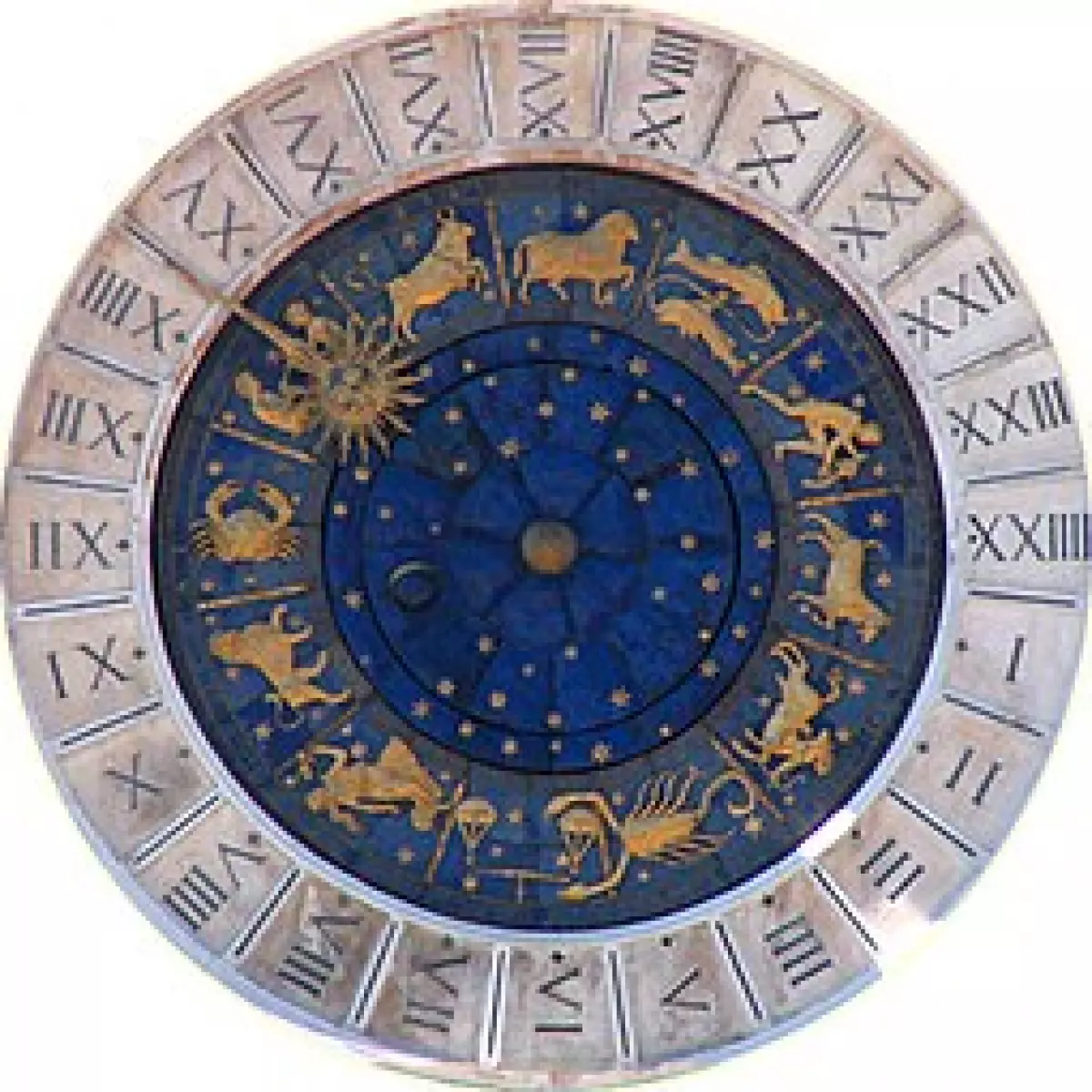Let's have a chat about something fascinating – Hellenistic astrology. Imagine a time when the ancient Greeks gazed at the night sky, weaving myths and legends around the stars. They believed these celestial bodies held profound meaning for our lives here on Earth. That's what Hellenistic astrology is all about – a rich tradition of interpreting the positions of the planets at the moment of our birth to gain insight into our personalities, relationships, and even our destinies.
Think of it like a cosmic blueprint, unique to you. Intrigued? Let's delve into this captivating world. We'll trace its origins back to ancient Babylon, explore its evolution in Egypt and Greece, and discover how this ancient wisdom still resonates with us today.
From Babylon to the Mediterranean: Tracing the Roots of Hellenistic Astrology
Imagine ancient Mesopotamia, where astrology first took root. The Babylonians, known for their advanced knowledge of astronomy, were the first to systematically record celestial omens and link them to earthly events.
This knowledge gradually spread, reaching Greece around the 4th century BCE. Yet, it wasn't until the fusion of Babylonian celestial wisdom with Egyptian Decanic astrology in Alexandria that Hellenistic astrology, as we know it, was born. This new system differed from its predecessors by focusing on the individual's natal chart, a personalized map of the heavens at the time of birth.
The Celestial Blueprint: Unveiling the Significance of the Natal Chart
The birth chart, or natal chart, acts as a unique astrological fingerprint in Hellenistic astrology. It maps out the exact position of the planets, the sun, and the moon at the moment you entered the world.

Think of it as a snapshot of the cosmic energy influencing your life. But that's not all. Hellenistic astrologers went further, dividing the chart into twelve houses, each representing different aspects of life, like personality, relationships, career, and spirituality.
Whispers of the Past: Myths and Legends Surrounding Hellenistic Astrology
Myths and legends intertwine with the history of Hellenistic astrology, adding an aura of mystique. One prominent figure is Hermes Trismegistus, a legendary sage credited with writing foundational astrological texts. Hermes is said to have defined the twelve houses of the birth chart and their meanings, shaping the practice.
The Legacy of Hermes: A Foundation Built on Ancient Wisdom
According to ancient texts, Hermes passed his knowledge to Asclepius, who further developed this cosmic system. Later, an Egyptian pharaoh named Nechepso and his priest, Petosiris, received this wisdom, solidifying its place in history. Their writings, though lost to time, continue to influence the practice even today.
A Celestial Tapestry: The Enduring Influence of Hellenistic Astrology
From its humble beginnings in ancient Babylon to its flourishing in Alexandria, Hellenistic astrology found fertile ground in the Roman Empire, influencing even emperors. Though its influence waned with the onset of the Middle Ages, it experienced a revival in the Islamic Golden Age, eventually reemerging in Europe and capturing the modern imagination.
Just as the constellations endure, so too does the influence of Hellenistic astrology. It's a testament to humanity's enduring fascination with the cosmos and our desire to understand our place within its grand design.







